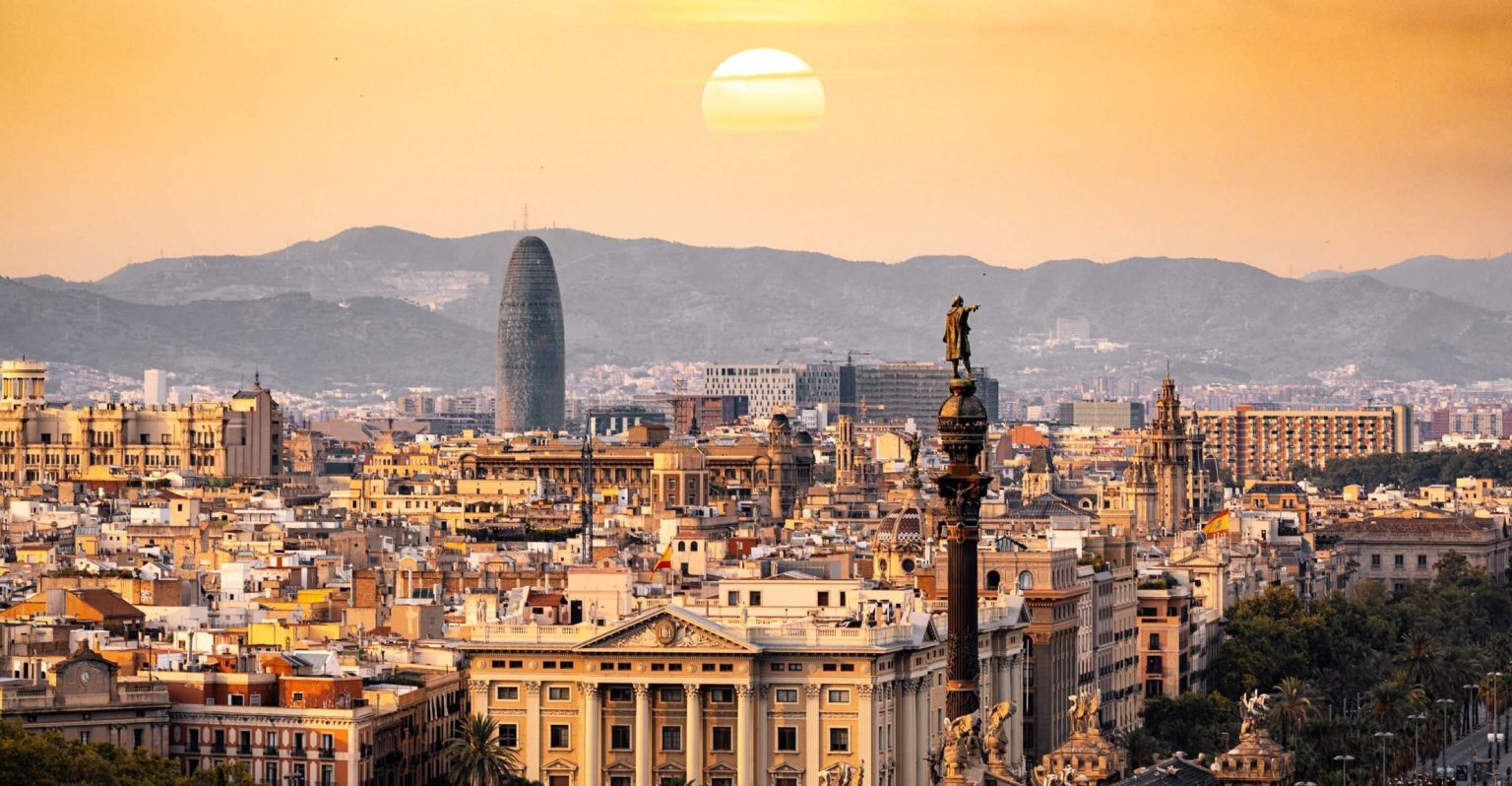Barcelona’s intended rise in tourist tax for cruise visitors staying less than 12 hours has stirred discord within the cruise sector. The proposed hike, aimed at addressing mass tourism impacts, has met with concern from industry players, including the Cruise Lines International Association (CLIA).
Announced by the city’s mayor, the move signifies a shift in tourism management strategy, potentially affecting cruise passenger influx. Industry stakeholders express mixed reactions, debating its implications on tourism economics and local communities.
Rationale Behind the Tax Increase
Barcelona’s mayor has unveiled plans to elevate the tourist tax on short-term cruise visitors. This decision aims to mitigate the pressures of mass tourism on the city’s resources and infrastructure, ensuring that benefits of tourism are realised more locally. Cruise passengers currently contribute a significant portion to the city’s tourism tax revenue.
The proposed increment aims at addressing overcrowding issues and ensuring sustainable tourism growth. Barcelona’s officials suggest the increase could promote a more balanced distribution of tourism benefits across the city.
Industry Concerns and Responses
The CLIA has voiced apprehensions regarding the tax changes, citing a noticeable rise in cruise-specific taxes over the years. Highlighting collaborative efforts with destinations, CLIA emphasises the need for cooperative solutions to manage tourism effectively.
Representatives stress that a comprehensive tourism strategy considering all tourist types would be more advantageous. Cruise visitors reportedly contribute significantly to the local economy, despite constituting a smaller percentage of total arrivals.
Jacqueline Dobson from Barrhead Travel echoed these concerns, understanding the decision but highlighting potential impacts on demand and the importance of communicating changes effectively to consumers.
Reactions from Travel Industry Leaders
Travel industry figures, including Jacqueline Dobson, agree with the necessity of such legislative measures to protect local interests.
The practices being adopted in Barcelona reflect a global trend where high-volume tourist destinations are seeking to regulate visitor impact on urban life and infrastructure.
Dobson conveys optimism about Barcelona’s continued popularity as a cruise destination, suggesting tourists may view the tax as a contribution to sustainable tourism improvements.
Comparative Analysis with Other Destinations
Barcelona is not alone in tackling cruise-related challenges. Amsterdam has also introduced measures to relocate its cruise terminal to address similar tourism pressures.
Such initiatives show a broader tendency among cities to manage tourism flows, enhancing both visitor experience and resident quality of life.
These strategies underline a growing acceptance in the travel industry of smarter tourism management techniques.
Potential Impact on Cruise Tourism
Industry experts are divided on the impact of the proposed tax hike on demand for Barcelona as a cruise destination. Some believe the allure of the city will remain intact amongst cruise enthusiasts.
Others caution that increased costs could deter some traveler segments, although the effect on long-term visitor numbers is disputed.
However, there is consensus that clear communication about the benefits of the tax will be instrumental in maintaining visitor satisfaction.
Broader Implications for Global Tourism
Barcelona’s proposed tax changes may set a precedent for other cities grappling with tourism management challenges. The approach could inspire similar measures globally, requiring the industry to adapt.
Stakeholders emphasize the role of sustainable practices in shaping future tourism landscapes, benefiting both communities and visitors.
The debate continues on balancing economic benefits with environmental and social responsibilities.
Conclusion
Barcelona’s proposed cruise tax hike represents a pivotal shift in tourism policy, encouraging similar future initiatives worldwide.
While the industry adapts, maintaining dialogue with local authorities is critical to align tourism practices with community needs.
Barcelona’s increased cruise tax proposal reflects a significant strategy to balance tourism’s benefits and impacts. As industry players navigate these changes, emphasis on collaboration and communication will be crucial for future sustainable tourism management.

